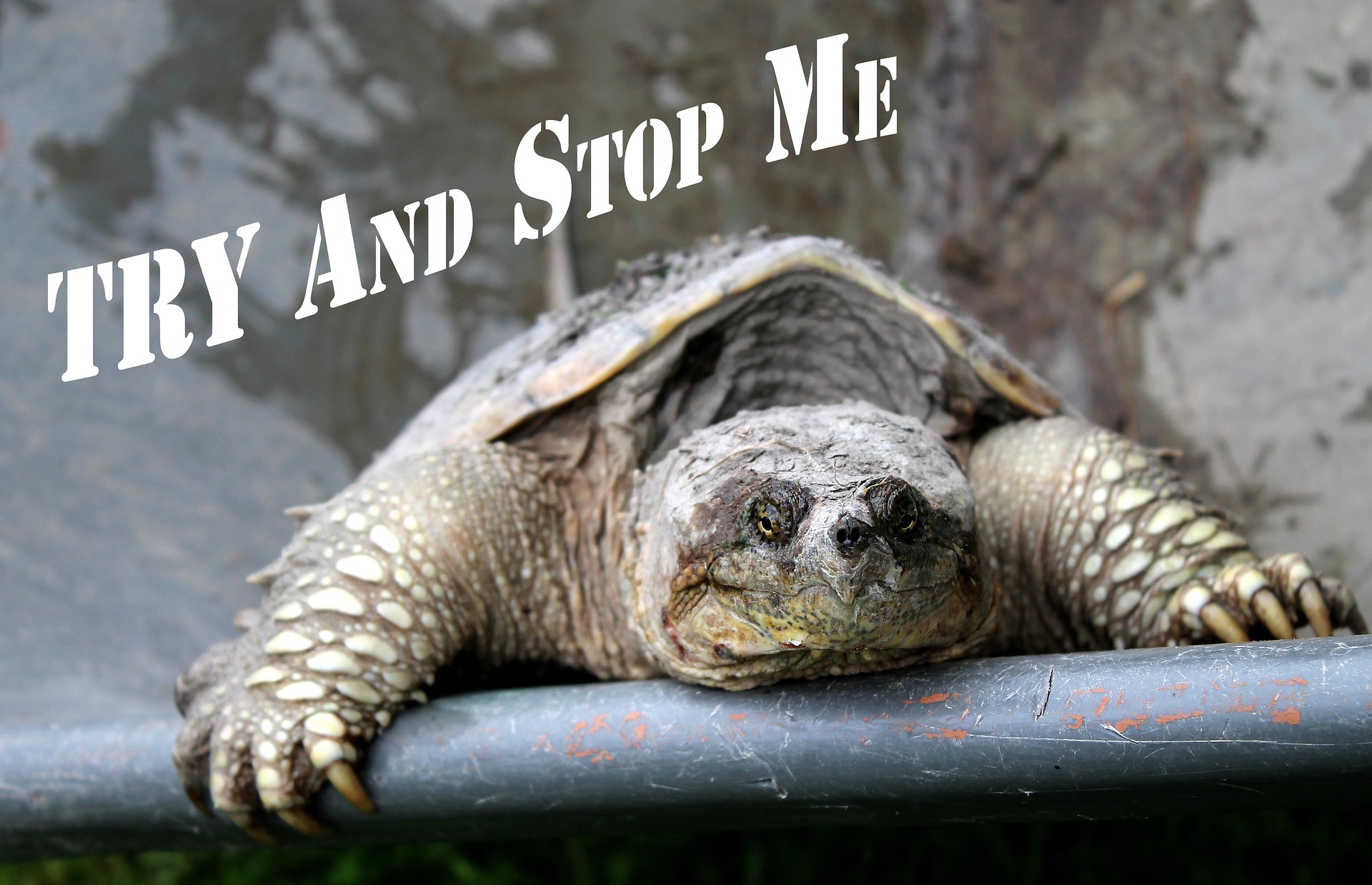Some years ago, I worked in Manhattan, “The City that never sleeps”. Living and working in New York City was one of the most fun and exhilarating times of my life.
After a year of living in NYC, I wanted to return home to Australia to visit my mother, whom I missed desperately. Although we spoke every few days on the phone, I longed to see her in-person. My fervent desire was to take an extended period of leave of 6 weeks from my job – definitely a lot of vacation time by US standards!
The “problem” was that I had to ask my boss for his permission. Although I had a very good working relationship with him, I still dreaded broaching my leave request with him. My boss could run “hot and cold”. One minute he could be pleasant, even quite charming, and then if he got into “a mood”, could be sarcastic and difficult. I was super-nervous that my request would be flatly denied, and that he would laugh me out of his Office.
When the day came around to ask for his approval, I watched him like a hawk, desperately trying to gauge his mood. The more I over-thought how things would transpire, the more anxious, fearful and panicky I became. After a harrowing few hours of non-stop procrastination (not to mention terrible productivity!), my imagination growing wilder by the minute, I eventually pulled myself together, plucked up some courage, marched into his Office and nervously blurted out my request.
Without batting an eyelid, he simply replied: “Of course, that’s fine. I understand you must be home-sick, living so far away from Australia”. At which point, I almost skipped out of his office, feeling on top of the world.
After the initial euphoria wore off, I felt quite disgusted with myself for having procrastinated and almost made myself sick from blowing everything out of proportion.
And now, with the wonderful benefit of hindsight, I know that I shouldn’t have put things off and gone into overthinking mode.
I should have also applied the following 3 strategies – strategies that would have helped stop my procrastination in its tracks and empowered me with courage, confidence and self-belief to just go-for-it!
1. Be prepared.
We’ve all heard the saying: Proper preparation prevents poor performance. And it’s true, the more time and energy we allocate to preparation in advance of a task means we’re less likely to flounder under pressure.
Just ask any trial lawyer worth his or her salt how important it is to be well prepared prior to a gruelling court case, with lots of possible twists and turns.
That day when I walked with abject fear into my boss’s office, my knees almost buckling under me, and my mind drifting in and out of blankness, I would have been so much more confident and self-assured had I prepared and memorised my opening few sentences in advance.
Not having to formulate the right words under pressure also gives you a much better chance of presenting your case in a more compelling and polished fashion. And hopefully getting a great outcome!
2. Adopt a power pose
Remember the 1970’s show “Wonder Woman” played by Lynda Carter? In the show, Wonder Woman was an empowered and unstoppable character, with strong, confident body language to match!
Our body language is highly significant in affecting our confidence. Amy Cuddy is an American social psychologist, who became widely known for her 2012 TED talk, in which she presented a 2010 study on “power posing” which she had co-authored. The Study looked at how our body language can influence our mind.
Cuddy found that when people adopted a “power pose” –making themselves physically bigger, with the arms held high, or on the hips in the “wonder woman” pose, for a couple of minutes, their body’s biochemistry changed. Their blood level of the hormones cortisol (the stress hormone) reduced, whilst levels of testosterone (the dominance hormone) increased. The power posers were imbued with a feeling of inner-strength, assertiveness and confidence. Cuddy speaks about how in life, we have to fake it, not till we make it, but till we become it.
Cuddy’s fascinating TED talk a few years ago has now been viewed by around 14.5 million people! Since viewing her Talk, I’ve tried to use the power pose in my life in stressful situations, say just before giving a public presentation to a roomful of strangers. Prior to the event, I’ve gone into a private room (sometimes it had to be a stall in the ladies’ rest room, where I felt kind of weird!), put my hands on my hips for 2 minutes, and waited for that magical feeling of inner confidence to sweep over me.
Think about some situations in your life before which you could apply a Power Pose. It could be before a big job interview or a critical meeting in which the stakes are high.
3. Visualise success!
Your mind is incredibly powerful! We constantly see examples of our remarkable mind in action, The Placebo Effect being one such example.
The mind cannot differentiate between what is real and what is imagined. When we program our sub-conscious, say by visualising success in our various endeavours, the results can be phenomenal. Look at some of the elite golfers out there during the big championships. Just before making a critical shot, they will often close their eyes and visualise the winning shot they need to make. And don’t just take my word for it – Go to Google, type in: “golf visualization techniques” read about the Science behind this and you’ll see what I mean.
In retrospect, I should have spent some time in visualisation-mode –- imagining myself walking calmly and confidently into my boss’s office, asking him for his approval of my leave, and with him smiling and cheerfully granting my request.
Are you tapping into the power of your subconscious by visualising massive success?
Napoleon Hill, famous author of “Think and Grow Rich” and a guru in the Self-help/success movement, once said:
“Life is a game board. Time is your opponent. If you procrastinate, you will lose the game. You must make a move to be victorious”.
Procrastination can be debilitating and hinder us from moving forward.
If you want to do something, just do it, as the Nike slogan goes. And you will be unstoppable!


